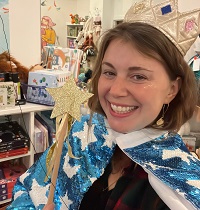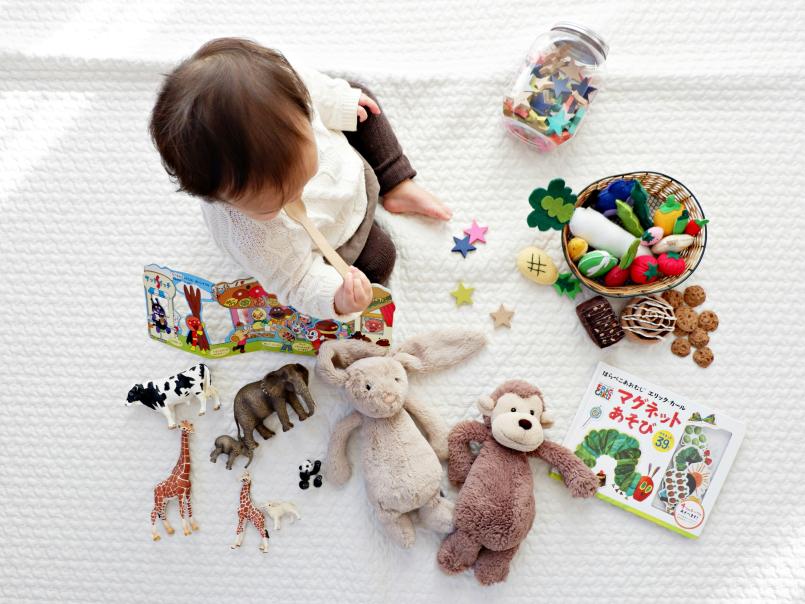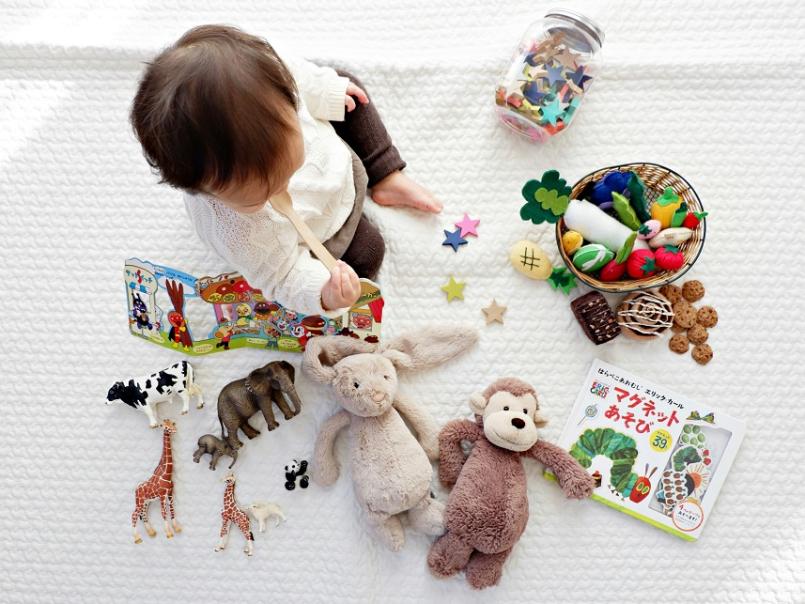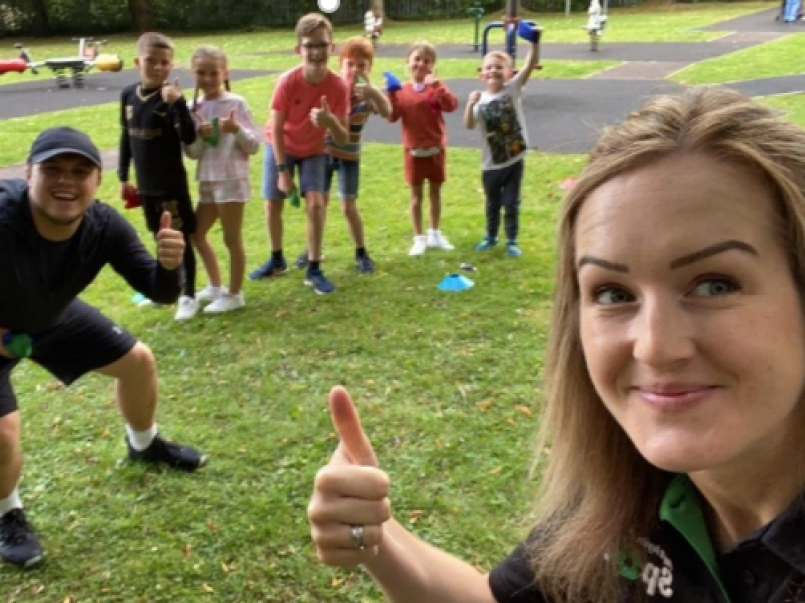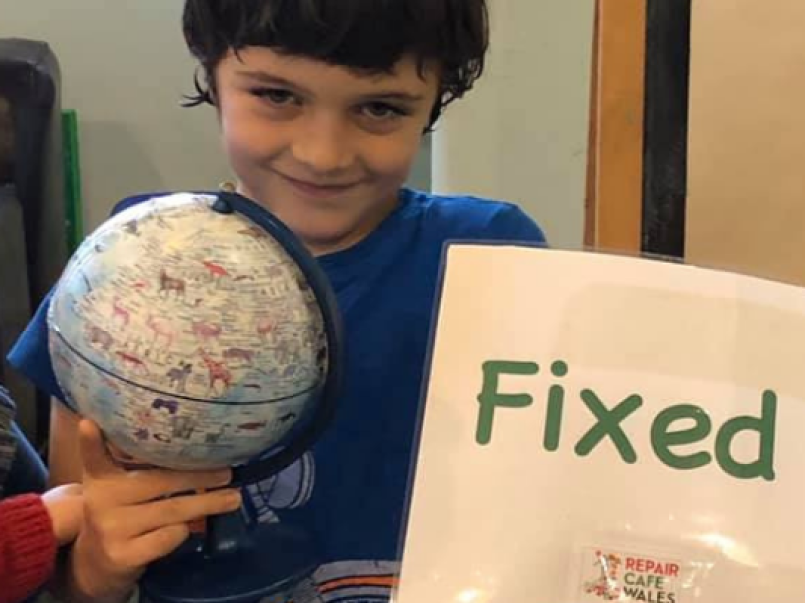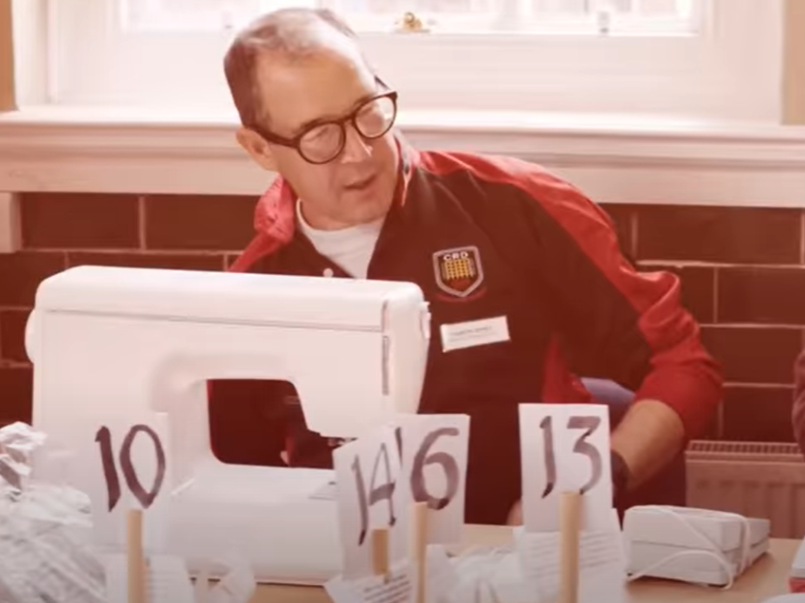Starting a toy library: it’s easy if you try
Published: 17 May 2024
Read along for my own tips on how to start, and see if it might just be something you can do. Toy libraries are certainly set to become the next big thing, and let’s make sure Wales is a leader in the field!
The toys
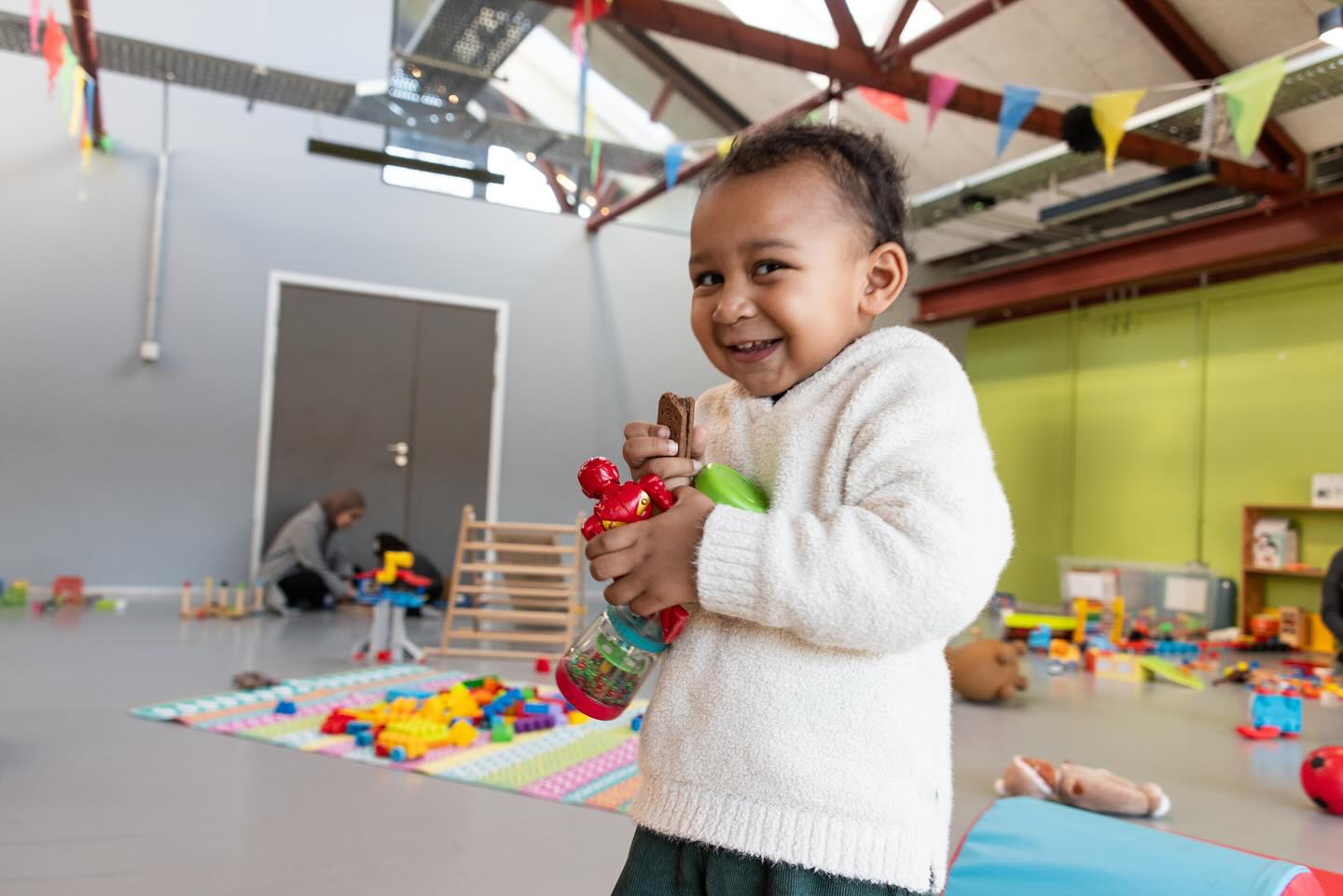
First up: the toys. Where should you source them? How much should you spend? Should they be new or old toys? The answer is, it doesn’t really matter. As long as the toys are ‘playable’, they’re perfect. My toy library is a mixture of toys that people donated to me, and ones I have bought myself (new AND from charity shops). Some are shabbier than others, some are super expensive, some cost a fiver. But as long as they’re not falling apart or unsafe, it’s guaranteed that someone will enjoy it.
My library began life as a sister enterprise to my (now closed down) toy shop, so a lot of my original toys came from the shop itself. This definitely made it easier to immediately source a lot of toys when I was setting up, but is in no way the only way. If you ARE going to source toys by buying them in, I definitely recommend finding an indie toyshop to buy from. These little guys would LOVE a sale or two in the current economic climate, and might even offer bargains and discounts on bulk buys that big chain shops would not. AND, shopping local and small helps your local community.
The statistics are out there on how many un-played with toys there are; how quickly children tire of that expensive toy they just HAD to have five minutes ago. I guarantee that if you fancy setting up a toy library and need lots of toys, the quickest way is to set up a little social media page for your endeavour and put a call out to your community for toy donations. Without a doubt you will have parents clamouring to get rid of all the toys their kids DON’T play with anymore.
If you live in South Wales, another easy way to source a lot of toys for free is by betting in touch with the Toy Box Project. Based outside Caerphilly, they collect toys from all over with the aim of gifting them to other organisations (schools, playgroups, etc). Their goal to keep useable toys out of landfills and in the hands of happy playing children is laudable, and we are lucky in Wales to have them right on our doorstep.
The space
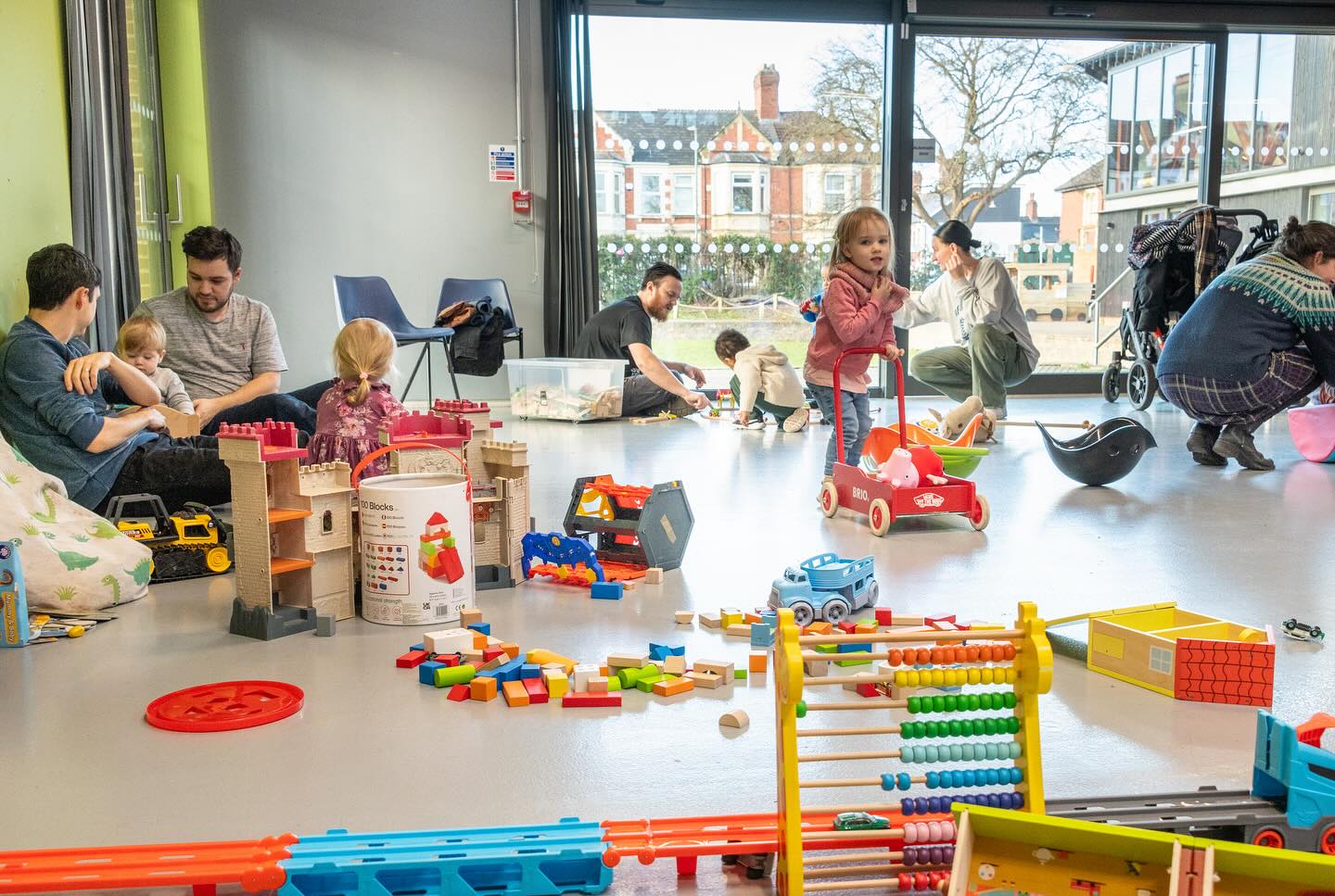
Another big stepping off point for toy libraries is space. Space to store your toys, and space to hold your lending and/or stay and play sessions. I was lucky enough to have space in my own toy shop at first, and even luckier to find a local community centre who was happy to host me when the toyshop closed. Places to consider as toy library hosts:
- community centres
- council-run book libraries
- church halls
- schools and nurseries
- private daycare centres
- leisure centres
- local businesses
The key to finding the right space for a toy library is to find a space that is easily accessible to users, and potentially already a central part of a local community. The aim of toy libraries is not only to keep toys out of landfills, but to make play accessible and welcoming; to really build and create connections among families. It can be hard to put yourself out there sometimes, but if you don’t try, nothing will ever happen. So ask your local library if they’re interested in hosting you. Visit your community centre and see if they have space. Contact your child’s school and see if you could use their hall after school. The possibilities are endless when you’re building something all on your own. Get creative and do the leg work. It will pay off in the end.
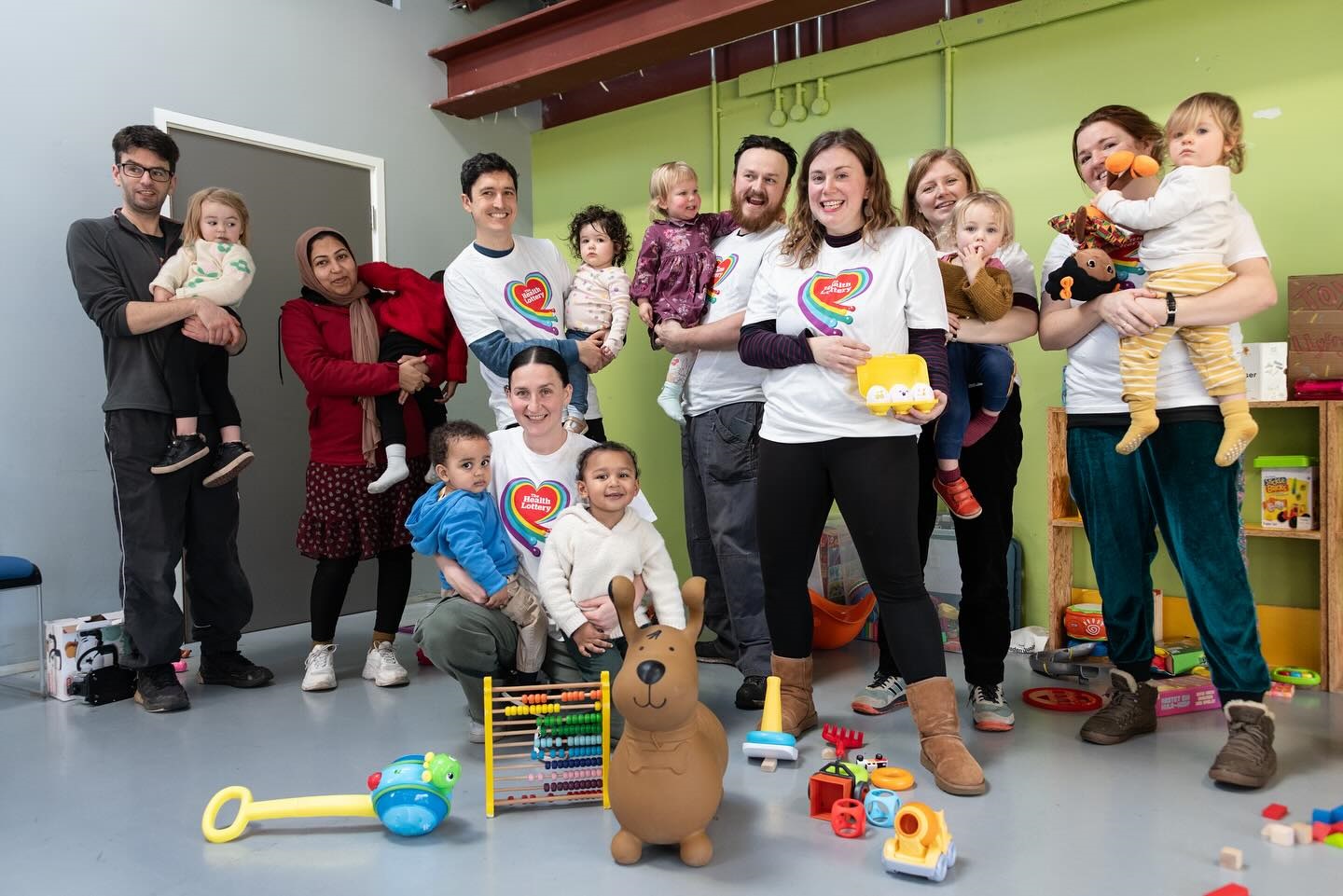
The logistics
All toy libraries should have public liability insurance, and as good practice, have any paid staff or volunteers DBS checked and first aid trained. Check with your local authority about what training they offer in the childcare realm as a starting off point. Same for DBS checking. It can be tricky to find out how to get one done as a private company or person, so again, look to see what agencies or public bodies will help you get one done in your area.
You’ll also need to figure out your fee-paying structure, and how you want to set up your organisation. Most toy libraries charge a small fee per toy OR a regular subscription. Decide up front which way you want to go and run with it. The key for a successful toy library is to charge as little as possible. You want to build community and make play accessible, not make a profit. So have a think about what feels reasonable to you for your area. And remember, nothing need be permanent. You can always change it up if it’s not working. Flexibility is key.
Your overheads will be pretty low and likely only include salaries (if you choose to have paid staff), insurance, and rent for space. So just think about whether you want your users to foot the bill for this, or if you’re going to apply for grants.
If you ARE going to rely on grant money, then you’ll need to become a Community Interest Company or charitable organisation. A somewhat tedious process in and of itself, but not un-doable for the average person. Get yourself on the Companies House website and have a look at registering as a CIC or charity.
And you’re off
So once you’ve considered toys, space and the logistics of money and insurance…you’re ready to go. Running a toy library can be incredibly rewarding. You are creating not only an important space for community play, but also a way to keep toys in the hands of children and out of the landfill. I hope that the Welsh government takes up the banner and supports us willing toy library pioneers, and I hope that if you’re reading this, you might also like to join us on the journey.
Want more toy libraries?

